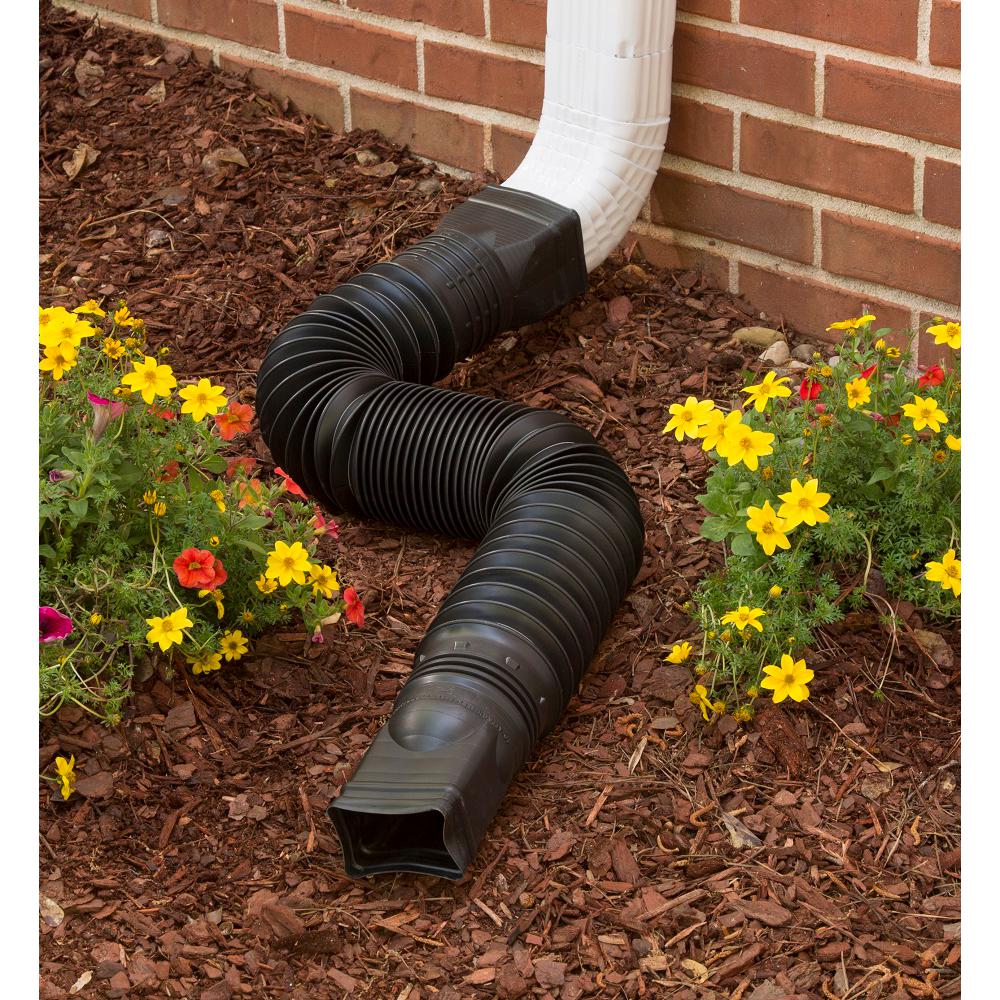It doesn t require negative margins or padding hacks which will lead you to only struggle more.
Add gutter between flex box items.
By the way this method hooks on columns and doesn t need additional div s or inner containers.
Flexbox handles single dimensional layouts very well while css grid handles two dimensional layouts with columns and rows.
The entirety of the container can be filled by applying width.
The main purpose of the flexbox layout is to distribute space between items of a container.
Flexbox is a single dimensional layout which lays items in one dimension at a time either as a row or as a column.
The flexbox layout flexible box module a w3c candidate recommendation as of october 2017 aims at providing a more efficient way to lay out align and distribute space among items in a container even when their size is unknown and or dynamic thus the word flex.
That can be solved by calc css function 1 flex item width.
One of the key advantages of css grid over flexbox is that grid came with the grid gap property which is now becoming just gap in future browser implementations grid gap magically does the work of calculating the spaces horizontal and vertical between grid items without having to add padding or margin and fussing around with calc and nth child to figure out how much space is left to divvy up.
Overrides the container s align items property.
In this guide we will be exploring the three properties that are applied to flex items which enable us to control the size and flexibility of the items along the main axis flex grow flex shrink and flex basis fully understanding how these properties work with growing and shrinking items is the real key to mastering flexbox.
Creating gutters between items when wrapping flex items the need to space them out is likely to arise.
A shorthand property for flex direction and flex wrap.
But if you wish to have a gap between the child divs they won t wrap as expected.
This is in my opinion the best way to do it.
At the current time we do not have any implementations of the gap properties from the box alignment module for flexbox.
It works even in those cases when the item size is unknown or dynamic.
This post will show how to do this using the css gap property in flexbox and the necessary workarounds for reasonable browser support.
The main idea behind the flex layout is to give the container the ability to alter its items width height and order.
It is similar to align items but instead of aligning flex items it aligns flex lines.
Specifies the order of a flexible item relative to the rest of the flex items inside the same container.
Used on flex items.

